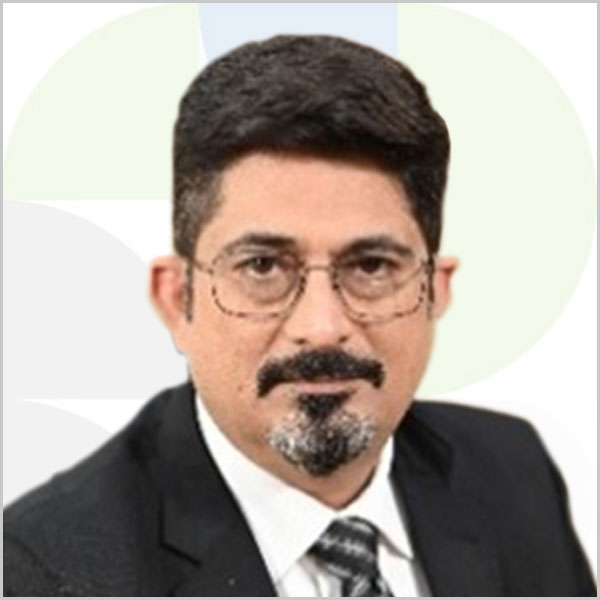
Vishal Kapoor
EESL
Chief Executive Officer, Energy Efficiency Services Limited (EESL)
Mr. Vishal Kapoor has joined as the Chief Executive Officer of Energy Efficiency Services Limited (EESL). He is an accomplished professional with over 24 years of experience across cross-functional and multi-jurisdictional roles. He has a proven track record of managing large & diverse teams, developing & implementing strategy, innovations, and formulating high impact policy frameworks.
At EESL, Mr. Kapoor will oversee existing programmes and initiatives with a futuristic outlook to enhance India’s energy transition and conservation efforts. With his expertise and domain knowledge, he is set to play an instrumental role in the company’s business development through strategic partnerships that help expand its smart solutions’ portfolio. With this, he envisages bringing about the necessary shift in the energy consumption patterns of Indian citizens to help support the country’s Net Zero goals.
Before joining EESL, Mr. Kapoor was the Joint Secretary at the Ministry of Power (MoP) for power distribution and reforms, IT & Cyber Security, OL and social media. He led the formulation and implementation of a myriad of schemes; private participation and PPP initiatives; ease of doing business reforms; Utility reforms; and special interventions, as well as several other projects pertaining to the Electricity Distribution sector.
During his tenure at the MoP, he supervised and operationalized flagship schemes such as Integrated Power Development Scheme (IPDS), National Electricity Fund (NEF), Deen Dayal Upadhyaya Gram Jyoti Yojana DDUGJY, Smart grids for smart cities, Prime Ministers Development Program in J&K and Ladakh, privatization of Distribution in Union Territories, among others.
Prior to MoP, Mr. Kapoor was the Director at the Research Designs & Standards Organization (RDSO) under Ministry of Railways (GoI). At RDSO, he conceptualized and executed the development of high-capacity low-cost Autorack Freight trains for carrying cars, introduced innovative freight car solutions for incubation on Indian Railways, devised technical policies and regulations concerning the safe transportation of freight trains, including multimodal & over dimensional consignment (ODC) trains, led design validation and introduction of heaviest ever ODC freight car on Indian Railways, among others.
Mr. Kapoor is a graduate in Mechanical Engineering from Indian Railways Institute of Mechanical & Electrical Engineering. He also received his post-graduate degree in Public Administration from the Lee Kuan Yew School of Public Policy, National University of Singapore, and has also attended the Advanced Management Program in Public Policy (AMPPP) from the Indian School of Business.